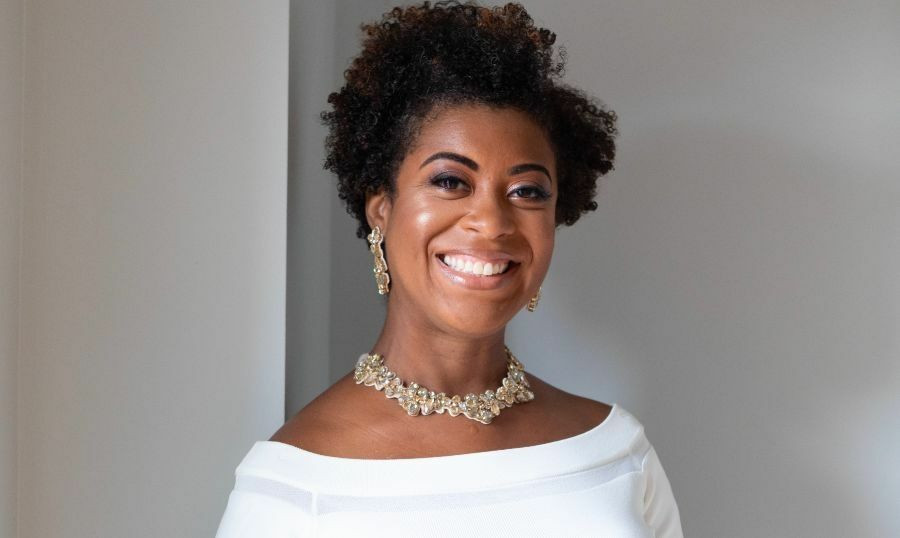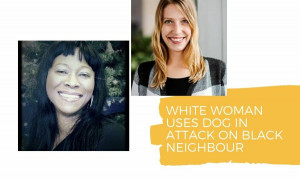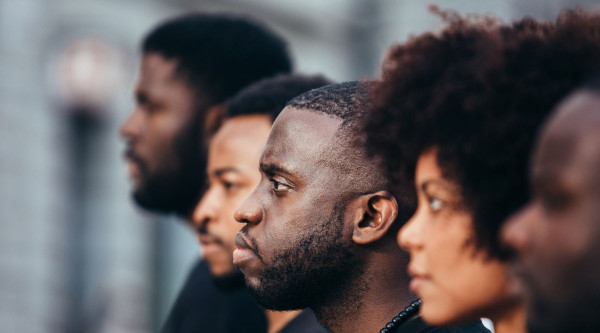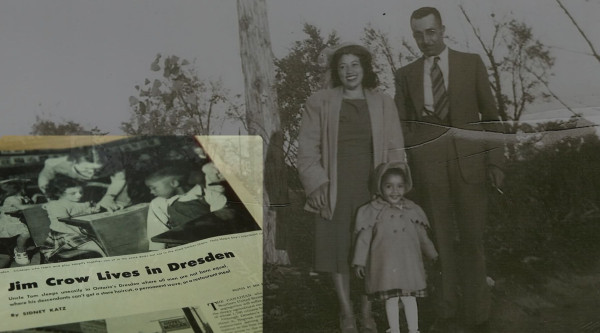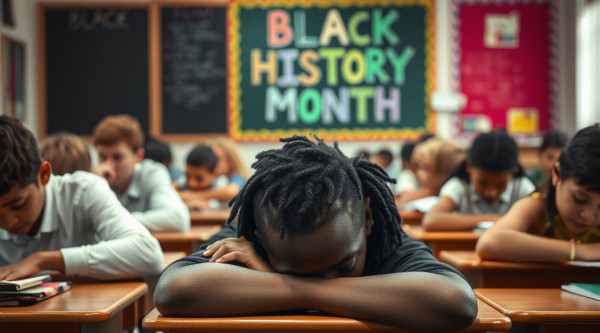Now, a small group championed by Martine Aldridge is working towards changing that and getting more parents to take advantage of a fully-funded program that has been underutilized for years.
But this all started with just one aim. In 2019, when Aldridge wanted to introduce her two kids to African history and culture, she had to change their school to one where an African Heritage Program was offered. Unfortunately, the program was suspended. Aldridge was told that the program had to have at least 23 students for it to hold, and the class no longer had that. She also realized that oddly, the program was fully funded, but many schools could not key into it because they did not have enough parents signing up their kids.
Aldridge decided to do something about it. She says the first step was looking for more parents to register their kids at the Silverthorn Community School. It wasn’t easy, and it took five months on and off to get the minimum.
A Fund With No Beneficiaries
The TDSB International Languages / African Heritage Program (AHP) has existed for several years as an optional class in elementary schools, from Kindergarten to Grade 8. The ILE/AH Program Officer, Leonard Wandili, says when it started about thirty-five years ago, it was initially called the Black Culture Program. Currently, the African Heritage Program is offered along with the International Languages Education program. Apart from options of 65 different languages, the African Heritage program provides content on African history, culture, and art.
Aldridge says she found it strange that this program was available but heavily underutilized in an environment that needed diversity.
Program Officer, Wandili says parents are given fliers at the beginning of the school year to inform them of available programs and how to sign up their kids for classes like the African Heritage program. However, all language and heritage classes need to meet the 23-participant minimum requirements. He found that for classes to get this minimum, respective community members were collaborating amongst themselves to raise the number of participating kids. “So what has been happening is that classes are opened around those people because they rallied around the community to register.”
Rallying together interested parents and allies to sign up more people for the ILE/ African Heritage Program in Toronto and Ontario is exactly what Aldridge and her allies are trying to do now.
Teaching and Correcting Misconceptions: An Instructor’s Experience
One of those at the front of this campaign to promote the program for elementary school kids is teacher Titilola Onogu, who specializes in African history and culture. She has been in this position for just about a year, but the range of experiences, learning curves, and lessons have been wide. In the classes she has taught, Onogu says she saw strong pre-existing misconceptions by some of the kids who had been conditioned to have negative or ignorant perceptions about the Black culture.
Now, she is not just telling them about places or the dark days of slavery, she teaches about ancient civilizations and diverse cultures; proverbs and folktales; food, music, geography and wildlife. Onogu says they were able to get over 50 kids to attend the virtual classes over the summer, and she has seen a lot of improvement in knowledge, perception and understanding. Now, she’s working with Martine Aldridge to promote awareness about the AHP in Black/ Afro-Caribbean, and immigrant family networks.
An Instagram Post and Growing Interest
To get more parents to sign up their kids for the AHP, Aldridge and Onogu started sharing information on their Instagram and other social networking platforms. Now, more people are showing interest and asking how they can support.
One of the many parents in the TDSB who just found out about the program is Gladys Iorzua. When Gladys spoke with ByBlacks, she said was shocked that the program even existed. “I know many immigrant families who will be interested in getting their kids into a program like that,” says Iorzua, who has two girls in elementary school. She also thinks that the program can serve to educate more people about race, keep Black kids in touch with their backgrounds, and promote cultural understanding, especially if non-Black kids also sign up for the classes.
This is a core point at the heart of those pushing for participation in the African Heritage Program. As a teacher, Onogu says she has seen that many people are not racially sensitive, and even some parents in the Black community don’t know how to respond to certain questions. But when the kids are properly taught in school, they begin to understand better and have a proper perception of who they are. “It is important for us to use these kinds of programs to give them an identity, and to be proud of who they are, to own their space and to be recognized in the society,” she says.
For Aldridge, a corporate worker suddenly thrust into the education field because she was in search of a diverse school and African heritage classes for her kids, it has been a fulfilling experience to see her kids and others say how much they’ve learned and are enjoying the classes. She adds that events in 2020 also served to inspire her to act, and not to be silent about issues, not just for the African heritage program.
The community is growing, and they are urging parents to register for the course in their existing schools. The possibilities are expanded now that classes are mostly virtual, so people from all over Ontario can signup online for the program, even if they don’t attend the particular school. All that is needed is an OEN and health card for their child. TDSB says that anyone can join the African Heritage programs even those in other school board regions, private schools and those within the Catholic school boards.
